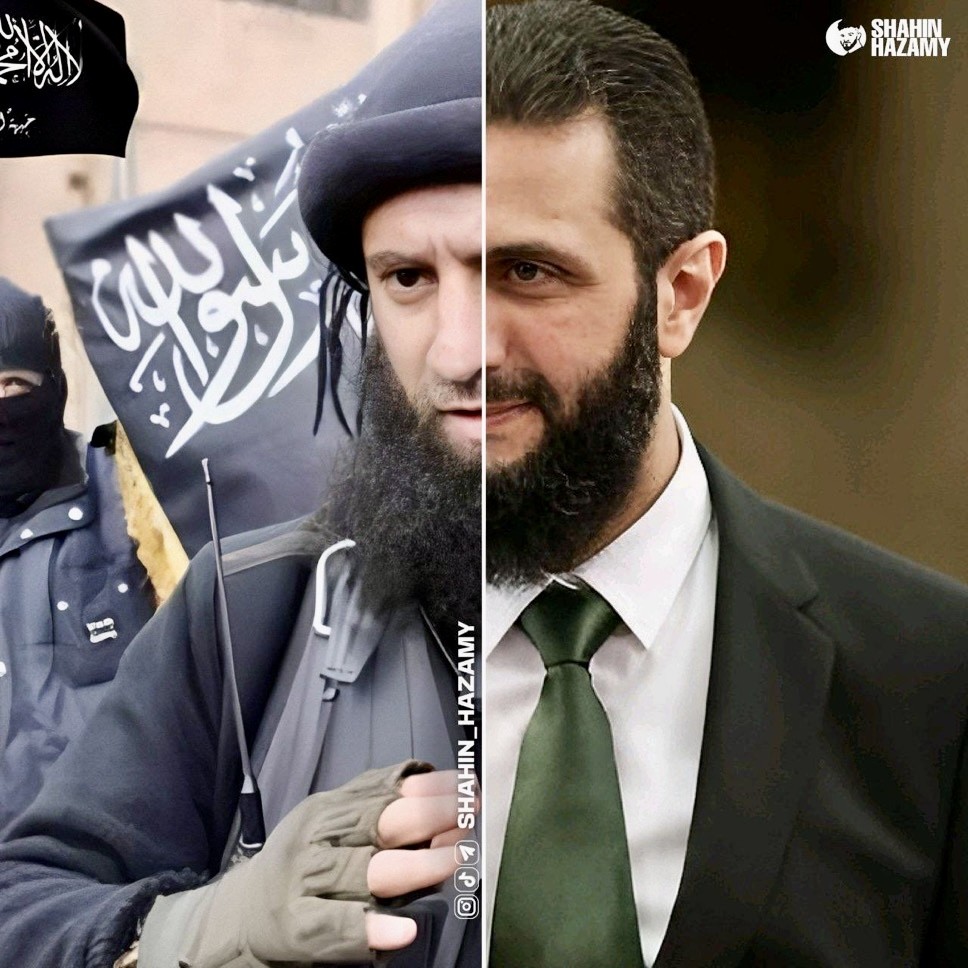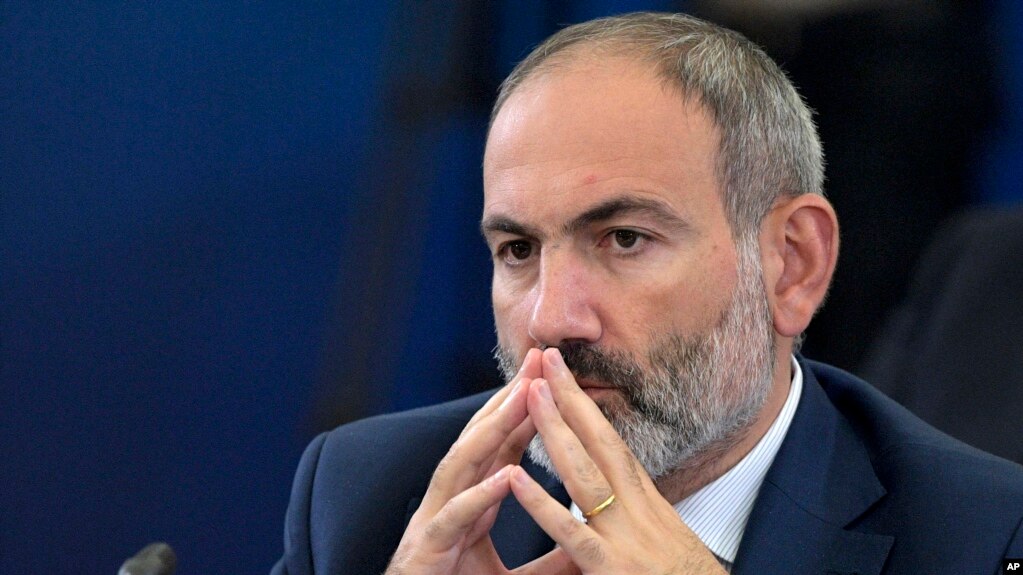Libya’s warring leaders held indirect peace talks in Moscow on Monday with Russia and Turkey urging the rivals to sign a binding truce to end a nine-month-old war and pave the way for a settlement that would stabilize the North African country.
The Russo-Turkish push, which appeared to involve laborious indirect rather than face-to-face talks between the two Libyan delegations, is the latest attempt to end chaos that has engulfed the oil-producing country since the toppling of Muammar Gaddafi in 2011.
Khalifa Haftar, commander of the eastern-based Libyan National Army (LNA) faction which has been trying to conquer the capital Tripoli, and Fayez al-Serraj, who heads the rival Tripoli-based recognized government, were both photographed separately in the Moscow building where the talks were held.
But Russia’s TASS news agency reported that Serraj had refused to engage in direct talks with Haftar, suggesting Russian and Turkish diplomats were acting as go-betweens between the two delegations.
The two men last met in Abu Dhabi in February last year before talks broke down over a power-sharing deal and Haftar moved his troops on Tripoli in April, expanding his control beyond the east and south.
Speaking alongside Italian Prime Minister Giuseppe Conte in Ankara, Turkish President Tayyip Erdogan said his country was working to ensure that a ceasefire in Libya would become permanent.
He said he hoped the Moscow talks would form the basis of discussions at a summit in Berlin on Sunday, which he said he would attend with Conte and Russian President Vladimir Putin. German Chancellor Angela Merkel said on Saturday she planned to host such a summit after holding talks with Putin.
“I wish for a truce deal to be signed soon,” Erdogan said. “The talks in Moscow are still underway at the moment. I believe they will come to an end in the evening hours, but I have just received information that they are going positively.”
SKIRMISHES
Turkey backs Haftar’s rival, Serraj, while Russian military contractors have been deployed alongside Haftar’s LNA forces, which are also backed by the United Arab Emirates, Egypt and Jordan.
The Tripoli war has wrecked Libya’s economy and risks disrupting oil production and triggering flows of African migrants trying to reach Europe by boats with the help of smugglers exploiting the chaos.
The Moscow talks come after a ceasefire, initiated by Turkey and Russia, saw a lull in heavy fighting and air strikes on Sunday, though both factions accused each other of violating that truce as skirmishes continued around Tripoli.
Reuters journalists in Tripoli said it was quiet in the center on Monday and that they could not hear clashes or shelling.
Mitiga airport, the capital’s only functioning airport, also resumed operations on Monday, a Reuters witness said. Flights were suspended earlier this month due to rockets falling nearby.
Haftar’s troops have not been able to breach Tripoli’s defenses but have in recent weeks made some small progress with help from Russian mercenaries, residents say. That has pushed Turkey, which has business interests in the country, to deploy soldiers to Libya to help the embattled Tripoli government.
Russia and Turkey have turned into major players in Libya, joining Arab countries such as Egypt or the UAE which have filled a void left by Western powers showing little interest in the OPEC producer since 2011.
Source: Reuters





